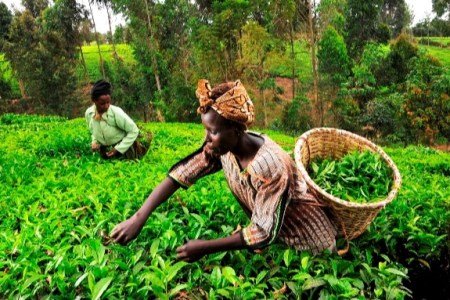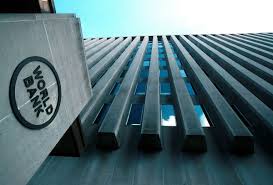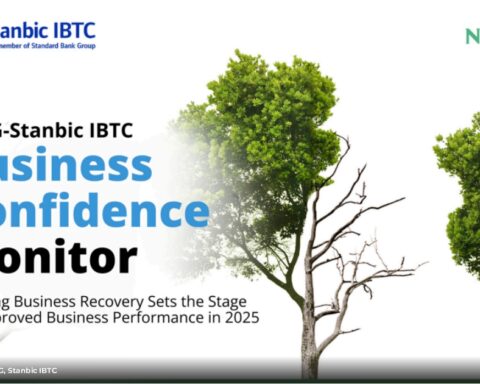By Okeoghene Akubuike
There is need for the Nigerian government to prioritise agriculture as a key driver of economic growth, highlighting the sector’s potential to significantly boost the country’s Gross Domestic Product (GDP).
Mr Sunday Peter, an Economist and Agro Consultant reacted to the rebased GDP figures recently released by the National Bureau of Statistics (NBS).
According to NBS after the rebasing, Nigeria’s GDP grew by 3.13 per cent on a year-on-year basis in real terms in the first quarter of 2025.
The performance of the GDP in Q1 2025 was driven mainly by the service sector which recorded a growth rate of 4.33 per cent and contributed 57.50 per cent to the aggregate GDP.
The agricultural sector grew by 0.07 per cent from the minus 1.79 per cent recorded in Q1 2024 and contributed 23.33 per cent to the aggregate GDP.
The growth of the industry sector was 3.42 per cent in Q1 2025 up from the 2.35 per cent recorded in Q1 2024.
The NBS said in terms of share of the GDP, the services and industry sectors contributed more to the aggregate GDP in Q1 2025 compared to Q1 2024.
The economist said the result from the rebased GDP was a true reflection of the Nigerian economy, which was increasingly service-based but lacked a strong agricultural foundation.
Peter said that agriculture was the backbone of any economy, providing raw materials for the production industry.
However, he said the sector had not been receiving the necessary attention, which was hindering Nigeria’s economic growth and development.
“Any economy that intends to boost its GDP has to focus on the agricultural sector, and the agricultural sector is closely linked to the production industry.
“So, if the agriculture sector is still struggling, then there is a challenge in the country,” he said.
Peter said that to address the issue, the government should focus on boosting agriculture, starting from the grassroots level, and engage traditional rulers and local farmers in the decision-making process.
He lamented that some of the funds allocated for the sector was often hijacked by politicians and government representatives, rather than reaching the intended beneficiaries – the farmers.
“To ensure accountability and efficient use of resources, the government should involve local authorities such as the local government chairman, councilors and community leaders in the implementation of agricultural programmes.
“This approach would enable farmers to access support and resources more easily, leading to increased productivity and economic growth.
The economist also highlighted the potential of Nigeria’s agricultural sector, citing the example of China buying cassava from Nigeria in large quantities for export.
According to him, this demonstrates the potential for agriculture to drive economic growth and create opportunities for Nigerians.
“The government needs to prioritise agriculture and provide incentives for farmers, such as subsidising equipment and offering support services.
“The government should also prioritise the real sector- all the manufacturing industries must become active, especially those that utilise raw materials from agriculture.
“By doing so, Nigeria can unlock its agricultural potential and drive economic growth and development, ultimately improving the country’s GDP and global economic impact.”
The recent rebasing which covered the period between 2019 and 2023, has 2019 as the new base year due to the relative stability of the domestic economy
The rebased GDP also includes updated methodologies based on best practices and official statistical guidelines.
Follow us on all social media platforms @dailyquery for news and analyses around the globe.



























